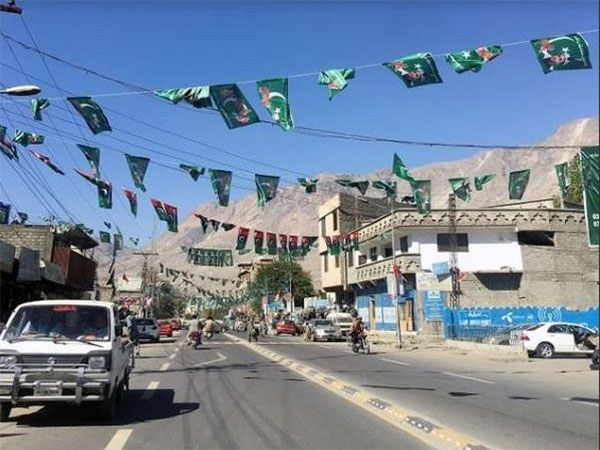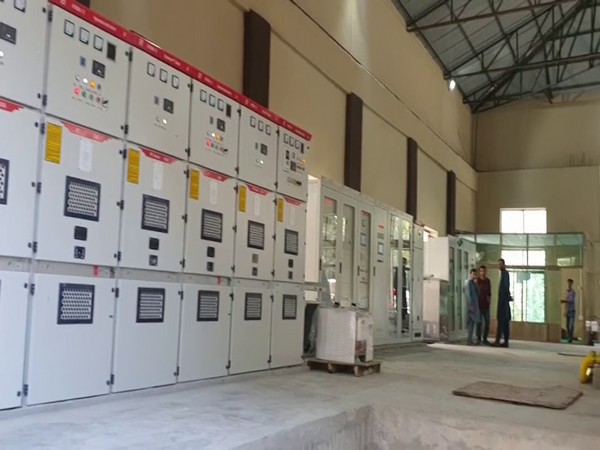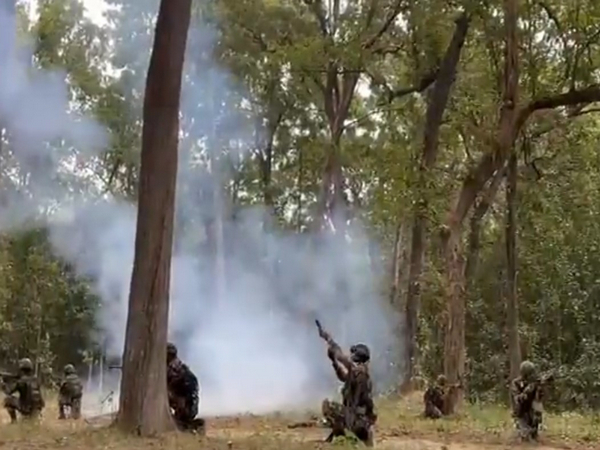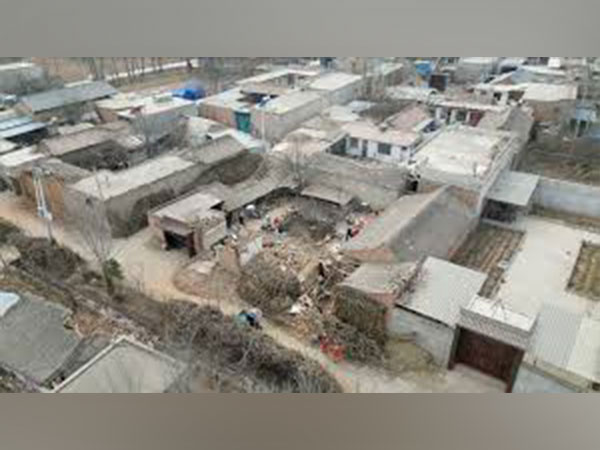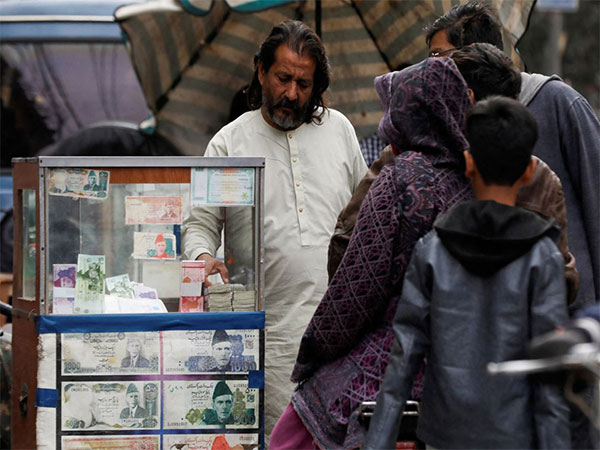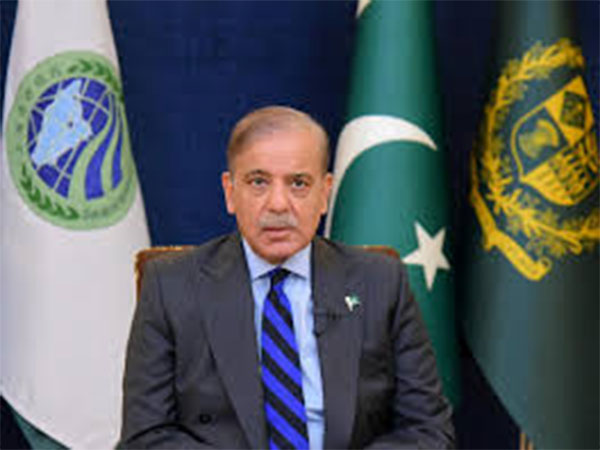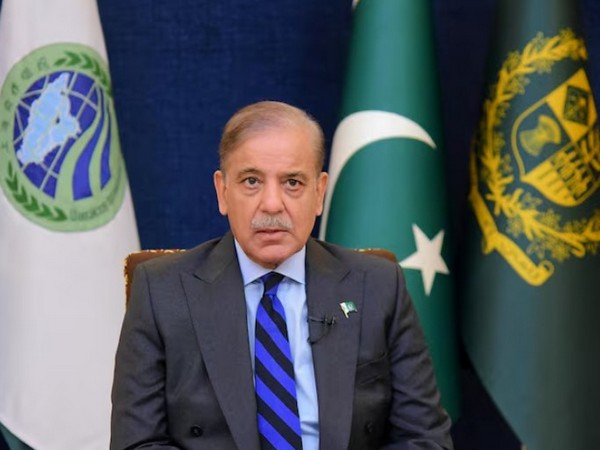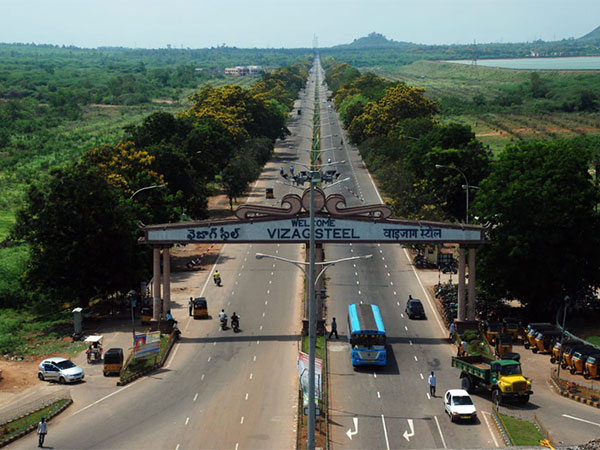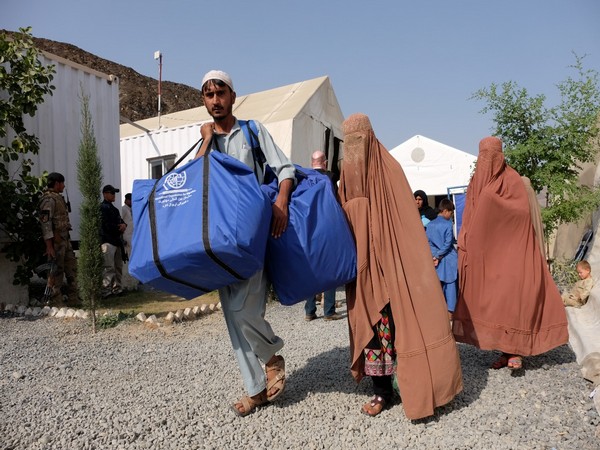
Kabul [Afghanistan], November 14 (ANI): Iranian guards detained and deported 21,407 Afghan migrants to Afghanistan who had crossed into Iran illegally, the Taliban-appointed commander of the border guards in Khorasan Razavi province said, reported Afghanistan-based Khaama Press. Majid Shuja, the Taliban-appointed commander of the border guards in Khorasan Razavi, said that these migrants had been identified during the past nine days when they entered Iran “illegally.”
Shuja said that the migrants were handed over to the Taliban’s representative in the Dogharun district, Khaama Press reported. More than 328,000 Afghan migrants have been deported from Iran in the first six months of 2023, according to Khaama Press report. The deportation of Afghan migrants follows reports from Afghan returnees to Iran indicating that some of them, even with official residency permits, were detained and deported.
Last week, Afghan refugees in Iran raised concerns regarding the increase in deportations, arrests, and harassment by the police, TOLO News reported. The Taliban has called on neighbouring countries to not deport Afghan refugees. “Do not deport refugees by force and do not treat them illegally. Our message to Iran and Pakistan is to be tolerant of the migrants, not to be oppressive and stop the persecution,” Taliban spokesperson Zabihullah Mujahid said, TOLO News reported.
Deportation of Afghan refugees from Pakistan has intensified, and now Iran has also initiated forced deportations. One refugee expressed anxiety about returning to Afghanistan. A member of the defenders of Afghan refugees in Iran, Enayatullah Alokozay, said: “There is forced deportation of Afghan refugees from Iran. It has been going on and these days the process is progressing more quickly.”
Afghan refugee representatives in Iran have criticized the Iranian government and the international community for their perceived lack of support and have called on them to address the challenges faced by Afghan refugees. “Afghan refugees are being deported from Iran. The Iranian people and government are very oppressive towards refugees. Iran pushes out refugees ahead of winter when it is not right,” said Spogmai Jabbarkhil, an Afghan refugees‘ representative in Iran, as per TOLO News.
“Afghan refugees in Iran face various challenges in the employment market, with housing and the lack of identity documents,” said Asefa Stanikzai, a refugee affairs analyst.
At the same time, Pakistan‘s interim government has decided to deport Afghan migrants forcefully from its country on November 1. Since then, Pakistan has deported more than 220,000 Afghan migrants. (ANI)
“Restrictions on transfer of cash…”:Taliban minister raises concern over deportation of Afghan migrants from Pakistan
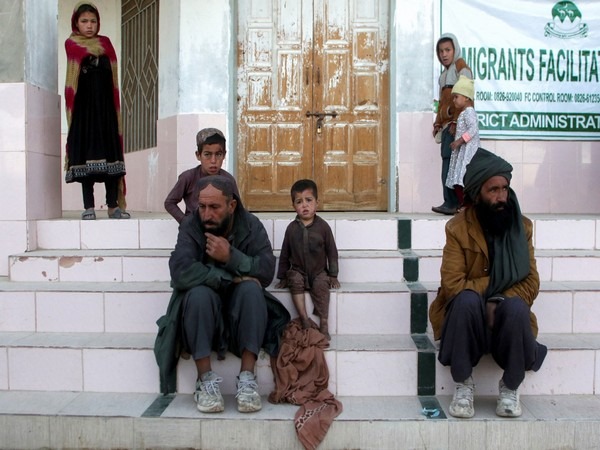
Kabul [Afghanistan], November 14 (ANI): Taliban Minister Haji Nooruddin Azizi raised the issue of the deportation of Afghan refugees during his meeting with Pakistan Foreign Minister Jalil Abbas Jilani, Al Jazeera reported on Tuesday. According to an Afghan embassy statement, Azizi discussed how Pakistan is expelling thousands of Afghan citizens as they are unable to take cash and other assets back to their homeland which they have built for decades.
The meeting comes days after Pakistan said its move to expel more than a million undocumented Afghans was a “response to the unwillingness of the Taliban-led administration” to act against armed fighters using Afghanistan to carry out attacks in Pakistan.
The Taliban officials have been saying that the attacks are an internal matter for Pakistan and have called on Islamabad to halt its deportation of Afghan citizens. “Bilateral trade, especially the stranded goods of [Afghan] traders in Karachi port, smooth transfer of [Afghan] refugees’ properties to [Afghanistan] and related issues were discussed,” Afghanistan’s embassy in Islamabad said in the statement.
On the other hand, the Afghan citizens returning to Afghanistan have said there are restrictions on the transfer of cash and property to Afghanistan from Pakistan, where many had built businesses and homes for decades, Al Jazeera reported.
Last month, Pakistan set a November 1 start date for the expulsion of all undocumented immigrants, including hundreds of thousands of Afghans. It cited security reasons, brushing off calls to reconsider from the United Nations, rights groups and Western embassies.
Around 4.4 million Afghan refugees live in Pakistan, 1.7 million of them without valid documents, Al Jazeera reported citing Pakistan government figures. Earlier on Monday, Pakistan opened three new border crossings to accelerate the repatriation in southwestern Balochistan province in addition to the main crossing in Chaman district, said Jan Achakzai, information minister for the provincial caretaker government.
The number of border crossings used to deport thousands of Afghans rose to five after the new facilities were opened. Currently, about 15,000 Afghans have been crossing the border every day from Pakistan. Before the crackdown, the figure was about 300. Some 3,05,462 Afghan refugees have since left the country, authorities said. The majority, 2,09,550, crossed the border from the north-western province of Khyber Pakhtunkwa, said Fazal Rabbi, a senior official overseeing the deportation process.
Meanwhile, the international aid agencies have documented chaotic and desperate scenes among Afghans who have returned from Pakistan, Al Jazeera reported. They have raised alarm at the dire conditions many Afghans who have recently returned are facing with few resources as the cold winter season begins and say many are staying in crowded shelters near the border operated by NGOs and Taliban authorities.
“Many Afghans in Pakistan are now facing police raids and demolition of their homes without due process. Detainees have been denied the right to a lawyer and communication with family members, leaving loved ones in the dark as to their whereabouts,” Amnesty International wrote on X (formerly Twitter) asking Pakistan to immediately halt deportations to prevent further escalation of this crisis.
Achakzai, the information minister, said police in Balochistan in recent days had arrested more than 1,500 Afghans who had no valid documents.
A prominent Pakistani human rights lawyer, Moniza Kakar, said in the southern port city of Karachi that police had launched midnight raids on homes and detained Afghan families, including women and children. The head of the Human Rights Commission of Pakistan, Hina Jilani, said Pakistan lacks a comprehensive mechanism to handle refugees, asylum seekers and migrants without papers, despite hosting Afghans for 40 years.
Also on Monday, police said officers were investigating whether an Afghan man, Asif Khan, killed his 25-year-old Pakistani wife, Ameena Bibi, because she refused to go to Afghanistan with him. The incident happened the previous day in the northwestern city of Nowshera, police official Yasir Khan said. He said the suspect left the country with his four children, Al Jazeera reported. (ANI)





